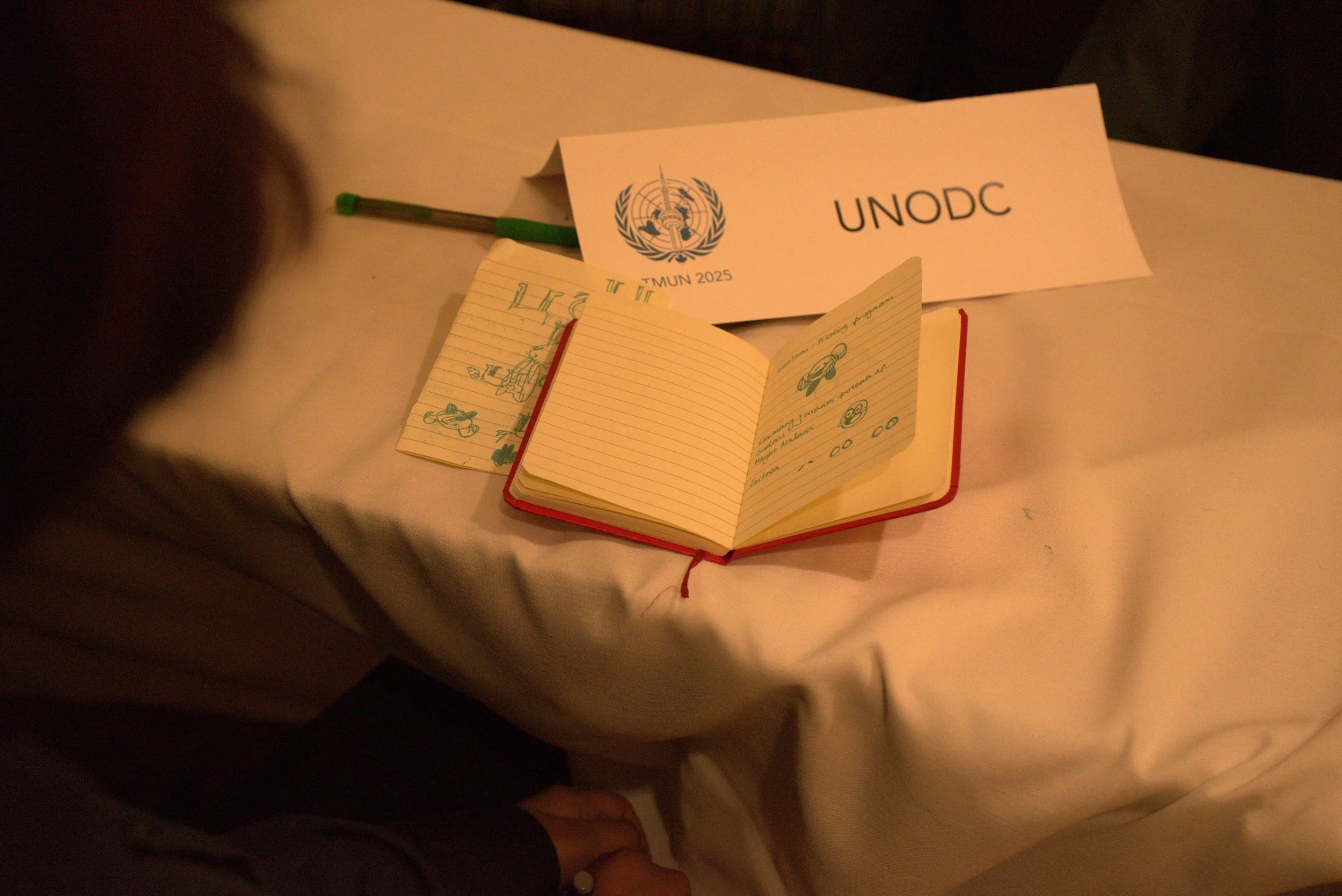
Committee Program
Disarmament and International Security Committee (Double Delegation)
International Civil Aviation Organization Board of Directors
Committee on the Peaceful Uses of Outer Space
International Telecommunication Union
The Council
of Trees
A Lorax Specialized Agency
World Food Programme
DISEC
COPUOS
ICAO
WFP
General Assemblies
DISEC
ITU
Disarmament and International Security Committee (Double Delegation)
COPUOS
Committee on the Peaceful Uses of Outer Space
WFP
World Food Programme
ITU
International Telecommunication Union
Specialized Agencies
ICAO
International Civil Aviation Organization Board of Directors
The Council of Trees
A Lorax Specialized Agency
The Councils of Faith and Reformation
Portuguese Invasion of Japan
Bloodborne
Fear the Old Blood
Unification of Germany
Grey’s Anatomy
From Camelot to Capitol Hill
Joint Crisis Committee
Eclipse of Amaterasu
Formula One 2021
Lights Out and Away We Go
Joint Crisis Committee
The Councils of Faith and Reformation
Kowloon Walled City
A Hospital in Crisis
Heart of Democracy
Helldivers
Bloodborne
Mandate to Kill
Ad Hoc
Crisis Committees
The City of Darkness
Kowloon Walled City
1870: Blood and Iron
Unification of Germany
Fear the Old Blood
Lights Out and Away We Go
Formula One 2021
1870: Blood and Iron
From Camelot to Capitol Hill
The Assassination of John F. Kennedy
The Assassination of John F. Kennedy
Assassination Classoom
Eclipse of Amaterasu
Portuguese Invasion of Japan
Assassination Classroom
Mandate To Kill
Helldivers
Heart of Democracy
Grey’s Anatomy
A Hospital In Crisis
The City of Darkness
